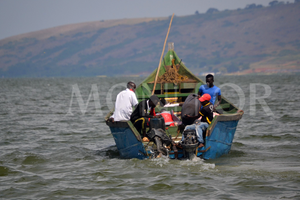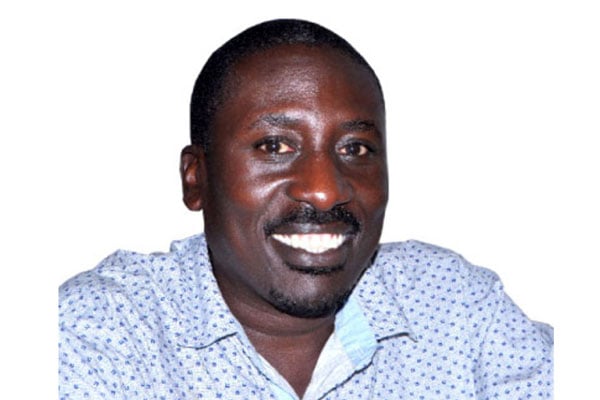
Writer: Odoobo C. Bichachi. PHOTO/COURTESY
Over the last weeks, there has been a lot of coverage of the weather in the Lake Victoria basin, particularly the rise in water level, wind storms and high waves that endanger lives of fishermen and travellers on the water body. These stories have generated a lot of public interest, giving the usually sleepy National Meteorological Authority (NMA) a good profile for its scientific analysis and prediction of the weather and wind patterns (sometimes twice a day) on Lake Victoria.
Some recent notable stories in the Daily Monitor include: “Don’t go on Lake Victoria this Sunday, NMA warns” (June 23, 2024), “Travellers warned of strong winds on Lake Victoria” (June 24, 2024), “Winds blow travellers off Kalangala route” (June 28, 2024), and “How to travel safely on lakes and rivers” (Wednesday, June 19, 2024). Other media have similarly published.
The pro-active reporting on climate and related issues has certainly saved many lives on the lake. Two things about these stories, though: One, they focus mostly on the doom and gloom. Two, the stories are typical of “orphan content syndrome”.
Doom and gloom refers to reporting of mostly “sad and tragic events; that things are only getting worse.” Orphan content syndrome relates to “stories and information that are reported and published – and then forgotten by newsrooms, even if the readers are left wanting more.”
As Em Kuntze explains in his article, “Answer questions and add depth: The importance of follow-up stories” (www.wan-ifra.org), while there are stories that can be described as “happy orphans” because they only serve an information purpose and require no follow-ups, some stories must by their nature invite follow-up.
“If it’s worth publishing, it’s worth monitoring,” he says. The weather stories on Lake Victoria therefore fall in the “update me” category because weather is an ever-changing phenomenon and people make decisions every day based on information shared through the media. NMA indeed keeps monitoring and updating the public. For example, its national weather advisory of July 2 shared on X was as follows:
“Sunny intervals with hazy conditions expected over most areas this morning. Activities within Lake Victoria continue to produce occasional rains around the lake basin. Entebbe has reported some intense rains recently. Our marine forecast indicates Lake Victoria is safe this morning.”
Earlier on July 1, the forecast shared was as follows:
“Sunny intervals with hazy conditions are expected to dominate over most regions this morning. The Central, Northern, parts of Kyoga, Northeastern, Elgon, and Eastern Lake Victoria expected to have isolated rain. NOTE: No severe weather on Lake Victoria this morning” These updates did not make it into any news pages and bulletins, let alone the social media handles. Yet many people still have the general information that June, July and August are unsafe times on Lake Victoria from Monday to Sunday so travelers should keep off.
Calm weather doesn’t seem to appeal to the audiences. The journalists will show up again next year when the forecast predicts gloom, and then recycle the background from yester years!
This is not a problem for just the Uganda media. It is a problem for journalism all over the world. But as one contributor notes on www.quora.com, “While it is true that negative news tends to grab headlines, many media organisations also cover positive stories, human interest pieces, and uplifting news. The perception of a bias towards negative news can be influenced by factors such as editorial decisions, audience preferences, and the nature of news cycles. Consumers of news can play a role in shaping the media landscape by seeking out and supporting sources that provide a balanced view of the world.” The starting point in the Uganda media could be for journalists not to report on weather and climate as a one day or one month affair, but as a daily affair. If need be, put stories somewhere in the corner when there is no big gloom story.
Also in reporting marine weather and climate, journalists should try to give a wholesome picture by challenging NMA to share updates on prevailing conditions on other water bodies in the country, like Lake Albert, Lake Kyoga, etc. Lake Victoria is not the only water body in the country! If anything, Lake Albert too has quite deadly waves. When? Tell us!
Send your feedback/complaints to [email protected] or call/text on +256 776 500725. WhatsApp +256 752 500725







